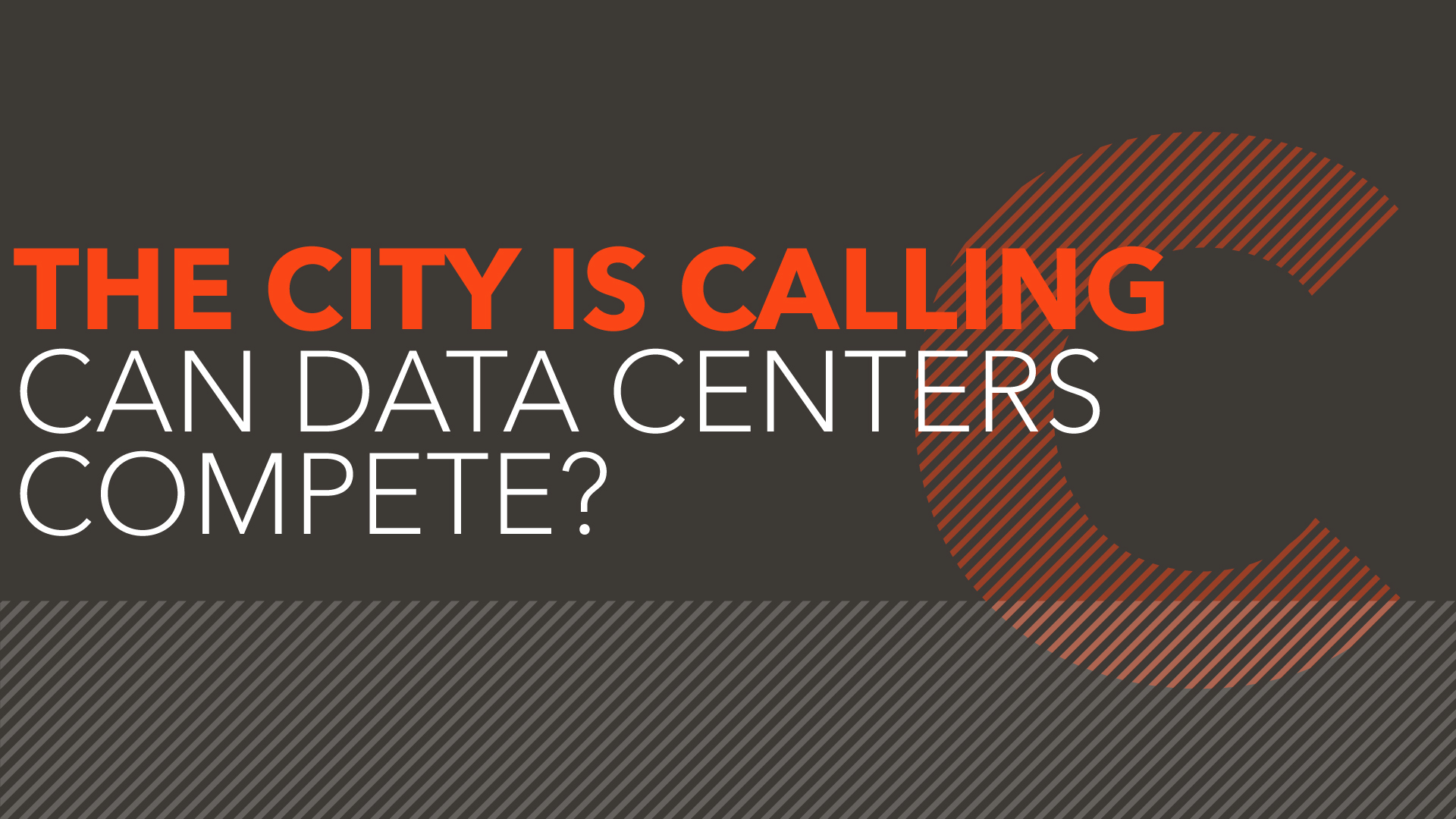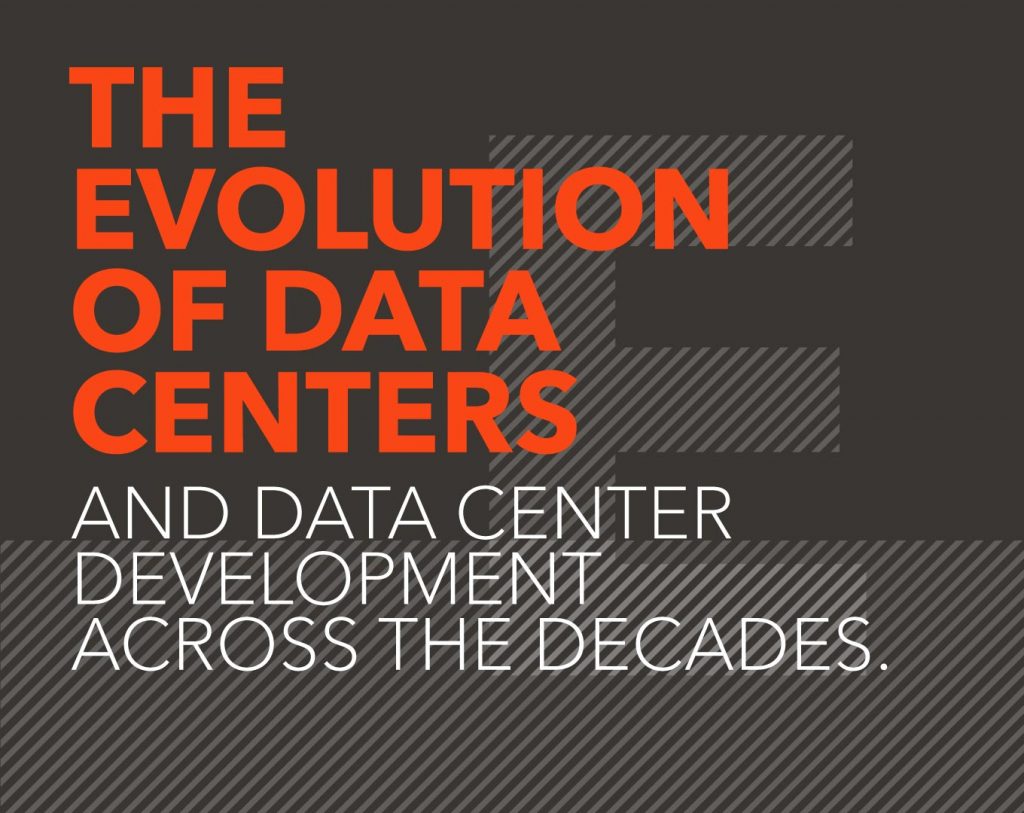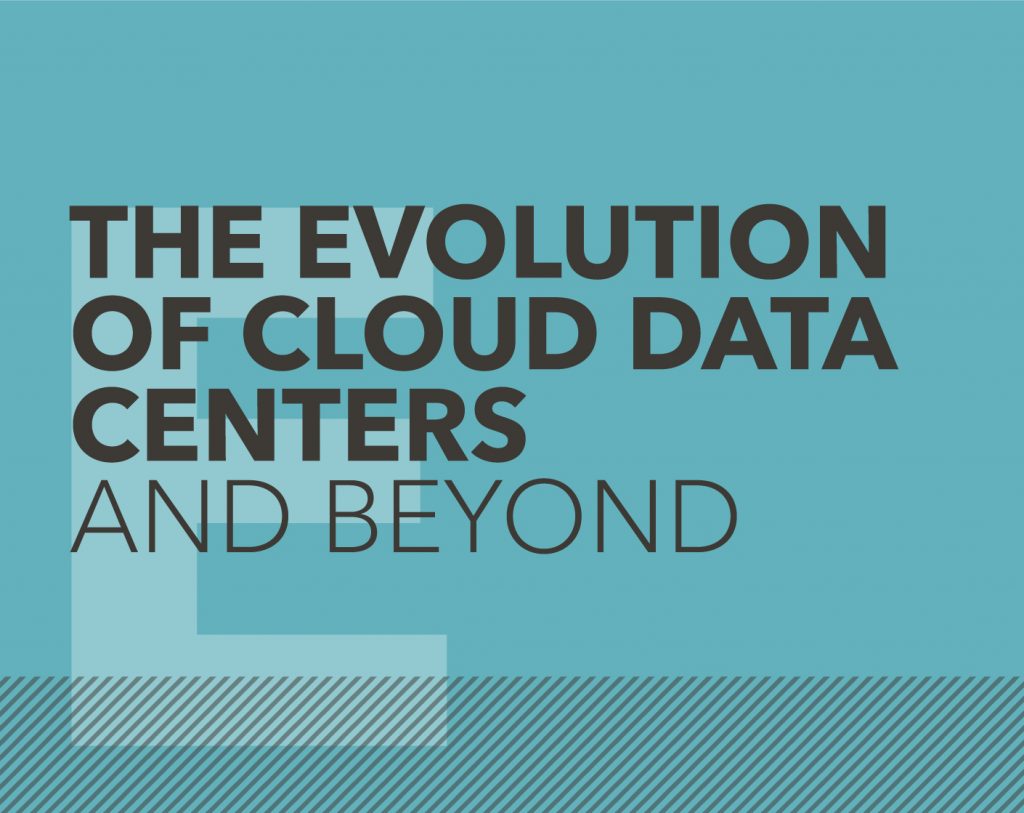The city is calling. Can data centers compete?
By: Neil Winch

Like a two-month-old pup demanding devotion, our data needs are constant and evolving.
Expectations for complete coverage and fast connections are long established. But emerging technologies, such as the fast-approaching needs of automation, data collection, reconciliation and deployment for productivity gains call for even greater access to data. Cities are, and will remain, engines for growth in this respect.
The metropolis is not dead. Always a glimmering light, cityscapes continue to pull people in with their spirit, opportunity and excitement. Despite employees working from home, cities remain as seductive as ever. While they may be seeing a short-term decline in growth, we shouldn’t bet against their future allure or relevance. They have seen their way through many previous crises, including pandemics and terror attacks. Human ambition, creativity, tenacity and a love of free trade will continue to draw talent to the bright lights of the city.
And so, to meet the needs of our customers’ customers, we’re beginning to respond to demand for larger-scale data centers in increasingly urban locations. We can’t change the speed of light (the speed of the signal down a fibre cable) but we can find locations closer to the point of use, to fuel the technical potential ahead of us.
The question is: can a data center compete where land is scarce, perceptions are clouded and regulation is stiff? Can they positively impact local urban environments and communities now and into the future?
Tomorrow’s urban data centers
The short answer is yes. And the benefits are many. Investing in communities, people and places, data centers provide diverse employment, social and environmental opportunities.
Let’s take employment. Many levels of skilled labour are required to build and sustain a data center. Which can attract and retain talent that would otherwise move away, boosting the economy and enhancing communities. In a previously deprived urban area, training opportunities lie within our build and operational model which further its role and appeal.
Environmentally, data centers offer even more opportunities. While no one is pretending data centers don’t have an environmental impact, we can offset it. In the short-term, by stimulating investments in renewable energy markets, and in the medium-term by becoming a true net zero asset class doing the right thing for our environment. Considering biodiversity and setting very high targets here is also important.
But these opportunities are hampered by challenges.
Owners / operators and developers as well as local authorities would be well served by viewing the value that data centers bring to communities as central to the development model. Local authorities have a long history of negotiating challenging terms with commercial and residential developers, and vice versa. Taking a different perspective on this, a circular economic perspective, where everyone works together to benefit each other, could yield new opportunities for all.
Meeting the challenge
Developers must apply ethical building practices no matter where they build. Providing sustainable, socially and environmentally responsible spaces means customers can be confident their CSR commitments will be upheld as they move their products through data center assets.
This needs a local, not colonial, approach. It’s a privilege to enter a new market and entrants need to be sure to listen to local authorities, understand requirements and find the highest, sensible level to which they can deliver standards.
Where possible, Yondr seeks to exceed local standards and set a precedent the world over for ethical, positively-inclined builds that have lasting impact on the community.
We also hire locally. It’s both more practical and ethical to partner with people familiar with the local language and economy, than bring in outsiders unacquainted with the nuances of the terrain.
Misunderstandings have no doubt fuelled the perception that data centers aren’t public amenities nor part of an area’s core infrastructure. Data center developers need to raise awareness of their potential, and position builds for good. Enabling authorities to look more favourably on what’s soon to become (if not already) an essential public service.
Our partnership approach
The future of data centers is unarguably urban. Micro data centers are inevitable. How we, as owners and operators develop is critical to our commercial and moral future. Partnerships, collaborations, transparency and an environmental responsibility will provide us with the sustainable future that we seek. Data centers can comfortably compete, succeed and enhance cityscapes. To get there, we’ll be continuing to ensure that we deliver facilities that exceed the expectations of today’s local authorities and tomorrow’s generation.



